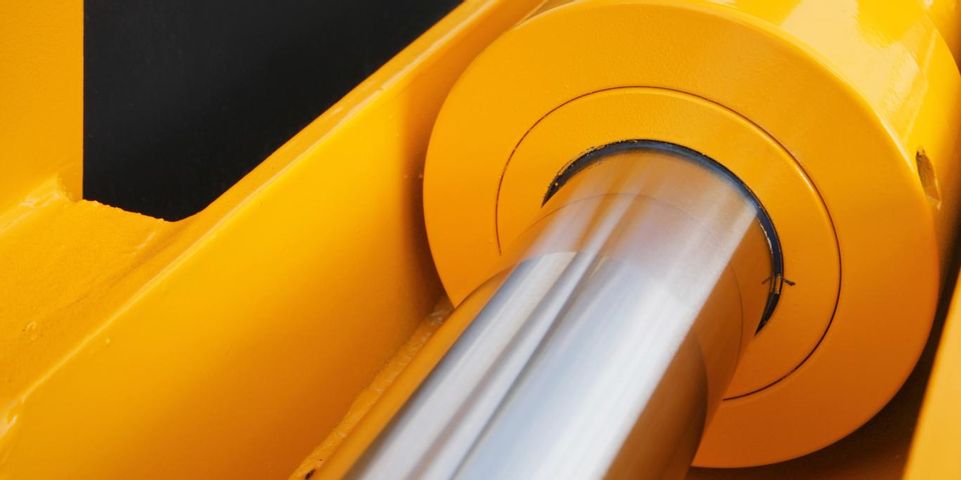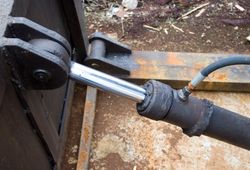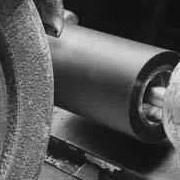3 Tips for Safely Storing Your Hydraulic Cylinders

Hydraulic cylinders are extremely durable, built to withstand incredible pressure and constant use. However, they’re also precision pieces of equipment, so spare parts do need to be stored properly to prevent warping, corrosion, and surface imperfections. To prevent unnecessary hydraulic repairs, below are a few tips for storing your cylinders safely.
How to Store Hydraulic Cylinders
1. Keep Them Indoors
Spare hydraulic cylinders should always be kept indoors and stored in a clean area without excessive moisture. Choosing the right environment reduces the risk of corrosion and pitting, which can weaken the walls of your cylinder and increase the chances of breakdowns. To keep condensation from collecting inside, store them on end in a vertical position with the piston rod facing upward.
2. Protect Exposed Surfaces
 Even in relatively dry conditions, condensation will eventually corrode high-quality materials. Before storing a hydraulic cylinder, applying grease to the bushes and bearings will provide critical protection from ambient moisture.
Even in relatively dry conditions, condensation will eventually corrode high-quality materials. Before storing a hydraulic cylinder, applying grease to the bushes and bearings will provide critical protection from ambient moisture.
Any chrome surfaces should be covered with protective tape infused with petroleum jelly, including the rod itself. Finally, cover any ports with plates made of steel, not plastic or any synthetic material.
3. Fill the Cylinder With Clean Fluid
Almost all air contains some moisture, which may eventually collect on the inner surface of your cylinders. Eventually, this moisture can lead to rust and pitting, so you need additional hydraulic repairs before the cylinder can even be used. Filling the cylinder with clean hydraulic fluid reduces the risk, keeping moisture out and extending the life of your equipment.
As one of the oldest precision grinding and chrome plating shops in the Greater Cincinnati area, R.A. Heller Co. has provided expert hydraulic repairs to businesses throughout the region since 1946. Whether you need a new cylinder fabricated or existing equipment refurbished, their team will deliver the precise results you need. Visit their website for more on their services and capabilities, follow their Twitter for more expert tips, or call (513) 771-6100 to discuss your hydraulic repairs with a member of their team.
About the Business
Have a question? Ask the experts!
Send your question

